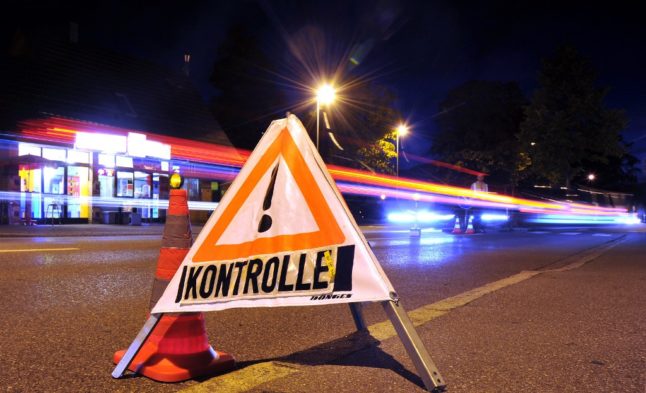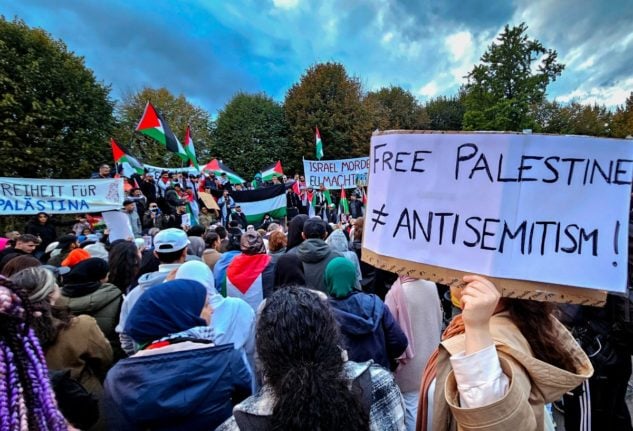“Starting midnight, we are reintroducing border controls at the border with Slovakia,” Poland’s Interior Minister Mariusz Kaminski told reporters.
Working “in coordination with neighbours”, Prague will follow suit, said the Czech interior ministry.
Later Tuesday, Austria’s interior ministry also announced it would reintroduce checks at its eleven border posts with Slovakia before smugglers could “change their routes”.
In all three countries, the checks are expected to last ten days initially.
“The number of illegal migrants into the EU is beginning to grow again. We are not taking this lightly,” Czech Prime Minister Petr Fiala said on X, formerly Twitter.
Slovakia has recently seen an uptick in migrants coming largely from Serbia via Hungary.
‘Cascading effect’
Following the moves by Warsaw and Prague, outgoing Slovak Prime Minister Ludovit Odor said “migration needs a European solution at the external borders.”
“Once a country boosts the protection of its own border, it creates a cascading effect, we will all pay money for it, and the result will be very unclear,” Odor said in a statement. He added Slovakia would respond to its neighbours’ move on Wednesday.
In the first eight months of this year, Slovakia detected approximately 24,500 migrants who had entered illegally. That was up from nearly 10,900 for all of last year and only hundreds per year before that, according to Slovak police. The force’s chief, Stefan Hamran, said the vast majority identified themselves as Syrians, who cannot be detained or deported under international rules, and that they continued on to Western Europe.
Robert Fico, whose Smer-SD party won the Slovak election on Saturday, vowed to introduce immediate checks on the Hungarian border if he becomes prime minister, as expected.
“We will need to use force to resolve the problem with migrants,” he said.
The Czech Republic, Hungary, Poland and Slovakia form the so-called Visegrad-four (V4) group of ex-communist Central European EU and NATO members. When the migrant wave hit Europe in 2015, the V4 stood up against migrant redistribution quotas proposed by the EU, earning scorn across the bloc.
Germany said last week it would step up policing of its borders with Poland and the Czech Republic in a bid to get a grip on rising levels of illegal migration. German Interior Ministry Nancy Faeser recently raised the possibility of fixed controls on Polish and Czech borders, a measure already in place along the boundary between Germany and Austria.
All of the said countries are members of the European Union and of Europe’s Schengen open-borders zone. The reintroduction of border checks in the Schengen Area is permitted only in exceptional circumstances and must be notified to Brussels before it can be implemented. Warsaw said it had already notified the European Commission, the EU’s executive arm, about the decision.



 Please whitelist us to continue reading.
Please whitelist us to continue reading.
Member comments